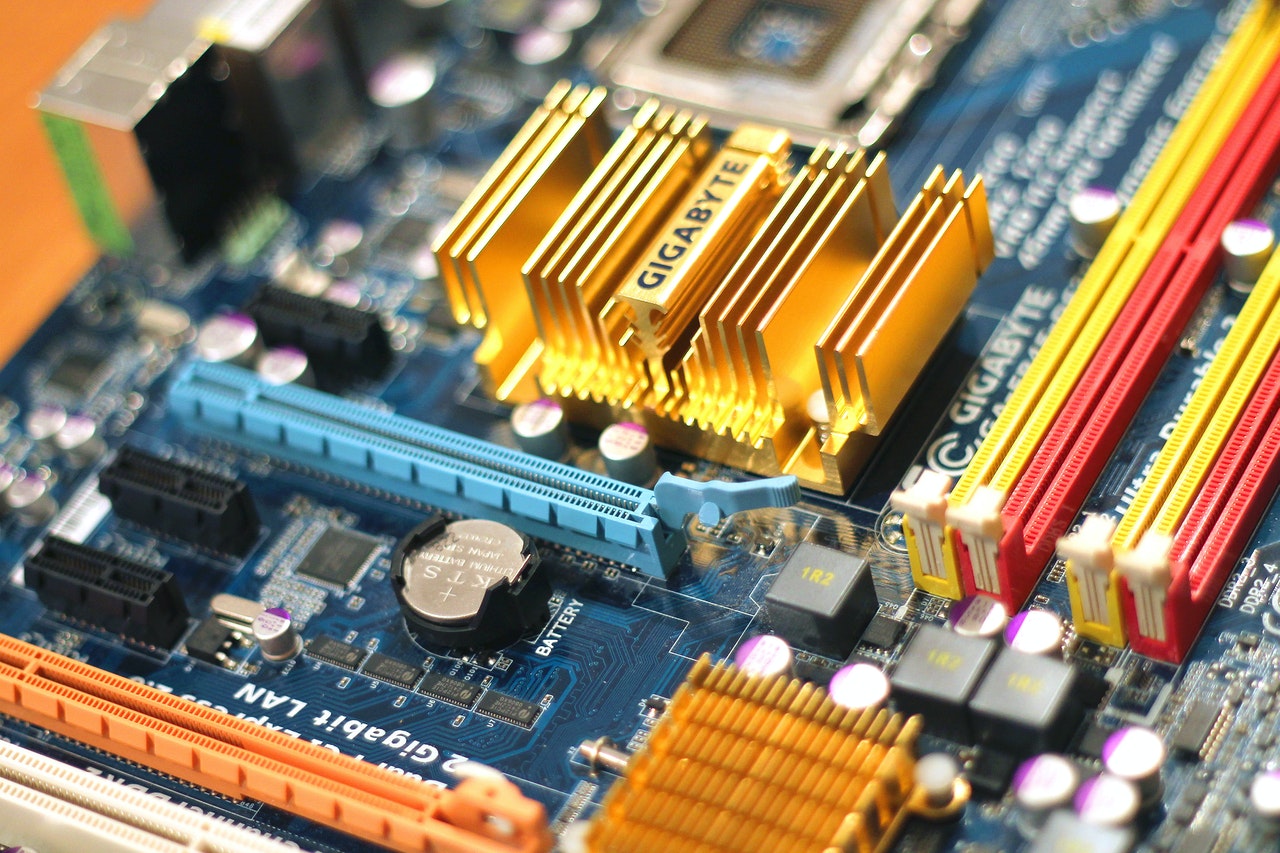The past half a century was pivotal in our growth as a species in many ways. Many of the once-fictional concepts are being materialized by the day, and gone are the days where technological innovations moved forward at a slow pace. Nowadays, when we go on social media and on to our favorite tech pages, we’re sure to see the many changes brought to our lives because of our fast technological growth.

The term Artificial Intelligence (AI) has lately been used by nearly every scientist in all of the possible fields. This is because AI isn’t just your average innovation but one that needs special attention due to its vast impact on our lives now and its potential future consequences.
In a nutshell, the term “artificial intelligence” is used to describe a computer program (or algorithm) that has the ability to learn and think, in essence, emulating human behavior. In theory, every task that is done by humans can be done by AI.
The general consensus on AI is divided. Some believe that it is the missing key element of our technological progression that’s been holding us back from unleashing humanity’s full potential. Others are of a more conservative opinion and believe that the annihilation of humans is AI’s last destination and that we should put a lid on it while we can. Stick around to learn more about the two sides of the coin.
Digital Assistance
We now use digital assistance in every aspect of our lives. Why assign a laborious task to a human being, if AIs can provide the same quality of work, if not better? Think of the last interaction you had with any customer service worker. Have you ever wondered how much of that interaction could’ve been done by an AI? We’re here to tell you that perhaps all of it can be replicated by an AI specifically created for that task.
In fact, many companies now take to AI to cut down on costs allocated to tasks that can be done by a machine program. For instance, an AI that converts text into speech is one that could replace the many positions filled by humans in the customer service department. Instead of having a real-life human interaction with a worker, you’d be interacting with a custom AI. Chances are that you wouldn’t even notice any difference between the computer and the real deal.
Work Efficiency
As humans, we’re bound to make mistakes, hence the term “human error.” Many of the tasks out there (especially those in the manufacturing industry) can easily be replaced with machines that can do the same job much more efficiently, without having to worry about human errors.
Unlike humans, machines don’t get tired, and if you give it any repetitive task, the machine will do it with ease. Employers around the world have already started capitalizing on this, eliminating the need to deploy two or three sets of employees working night and day shifts.
Less Risk for Humans
An AI robot is one without physical limitations, or at least less physical limitations compared to us. Many tasks now done by robots were once performed by humans, often at the risk of their own lives. Whether it be going to Mars to collect soil samples, or heading deep down into the ocean, AI machines can do a much better job than their human counterparts.
An example of a disaster that could’ve been controlled had we had the right means is the Chernobyl incident in Ukraine. Instead of using workers to make matters less chaotic, AI robots could’ve been deployed to control the fire right from the get-go or even prevent the disaster in the first place.
Risks Associated with AI
Much like anything else, AI has its own disadvantages, and the following are the ones currently being discussed in the industry.
- We’re susceptible to getting addicted to the many automated works done by AI which can in turn makes us lazier than before.
- With robots filling in the positions assumed previously by humans, the unemployment rate would eventually skyrocket.
- Robots are incapable of exhibiting emotion, thus making it hard to use them in the management department where the human bond is essential.
- As of yet, machines cannot think outside the box and are only able to perform the tasks they’re programmed to do.
The Bottom Line
At the end of the day, AI is merely a tool. Like any other tool, it can be used for good causes just as it can be used for bad ones. So far, the world is in a much better place compared to times where people had to resort to doing tasks that were detrimental to their physical health and mental well being.
Surely we’re all worried about the fact that one day, machines may rise against us just like it’s been portrayed in many fiction movies. But until then, it is best to keep an open mind and treat AI like any other technological innovation—with caution and respect.